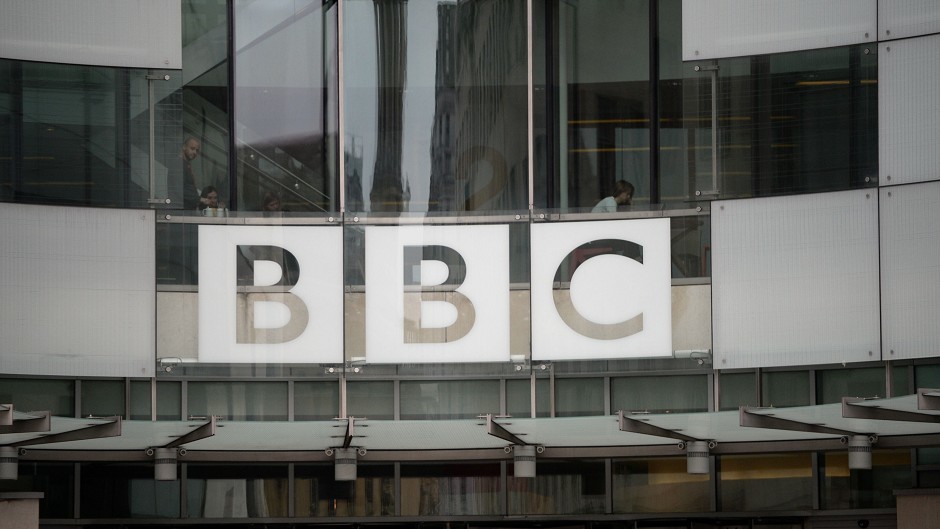Political consensus has been thin on the ground in Britain of late.
But MPs and MSPs from across the party divide have joined forces to condemn the BBC over its decision to scrap free TV licences for 3.7 million people aged over 75.
Tory leadership hopeful Esther McVey, who used to work for the broadcasting company, said she was “ashamed” of the BBC; and the Scottish Conservative leader, Ruth Davidson, told ITV show Good Morning Britain she would be the first person to sign to up to their campaign to force a u-turn.
Labour has vowed to restore free licences for all, describing the move as “an act of cruelty” with leader Jeremy Corbyn stating: “Pensioners have spent their lives contributing to society. Providing over-75s with free TV licences is not too much to ask.”
The SNP MSP, Alex Neil, joined the chorus of derision, in declaring: “Older people living on their own will suffer the most from this ill-thought-out decision.
“Television is often the only daily contact they have with the outside world. Many of our elderly citizens are housebound and unable to get out much, if at all.
“Others are suffering from loneliness and rely on the television for company.”
The corporation came under fire after announcing that from June of next year, the concession will only be available to households where someone receives Pension Credit.
The broadcaster originally committed itself to taking on the financial burden of providing free licences for over-75s from the Government. But it argued the new scheme would cost £250million by 2021-22, depending on the take-up.
However, critics believe it has invested millions of pounds on such ventures as the new BBC Scotland channel, which was launched in a fanfare of publicity in February, but has struggled to gain a significant audience.
Initial viewing figures for the network’s £32million Scottish channel have dipped to under 10,000 for some of its offerings, including The Nine news programme.
And, this week, ex-Beechgrove presenter, Jim McColl, accused the BBC of “betraying” its fans by reducing the number of programmes for gardening aficionados.
However, one former journalist said it was premature to rush to judgement and also questioned whether young people might be worse affected by the licence fee.
Eleanor Bradford said: “BBC Scotland has long been at the centre of arguments over whether it properly represents Scotland, but look at the bigger picture – we have a broadcasting service which is the envy of the world.
“Sometimes, it could do better but the word ‘BBC’ is still a hallmark for high-quality independent programming.
“The new BBC Scotland channel is still finding its feet. We also have to recognise that audiences are moving online and success cannot just be judged by daily viewing figures – it’s also about content which reaches wider audiences on social media and the iPlayer.
“We are currently debating whether over 75s should have to pay TV licences, but older audiences are the biggest consumers of BBC programmes.
“It’s younger people who have a reason to question a flat-rate licence fee, and this is why it is important BBC Scotland has the funding to experiment with new programmes which reach a different demographic.”
A BBC spokesman said: “In the last year, the BBC has spent around £250 million on programmes and services in Scotland, helping to provide 860 hours of TV for viewers in Scotland.
“The launch of the new BBC Scotland channel will now bring 900 hours of new content annually.
“BBC ALBA showed around 2,600 hours.
“In addition to these programmes, we also broadcast a wide range of programmes such as Springwatch, Strictly Come Dancing and The Archers, and all our Children’s and Education output, including Bitesize, which is of huge interest to viewers and listeners in Scotland.
“We also provided more than 8,500 hours on Radio Scotland and a further 4,800 on Radio Nan Gaidheal.
“Our latest audience information shows that around four-fifths of people in Scotland watch BBC TV each week, while BBC ALBA reaches 60% of the Gaelic-speaking population.
“In addition, around 70% tell us that they think the BBC is effective in educating, informing and entertaining.”
